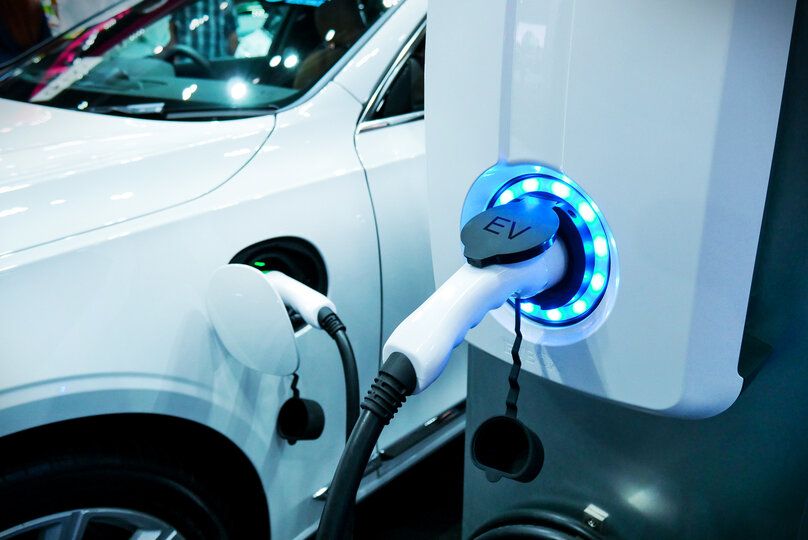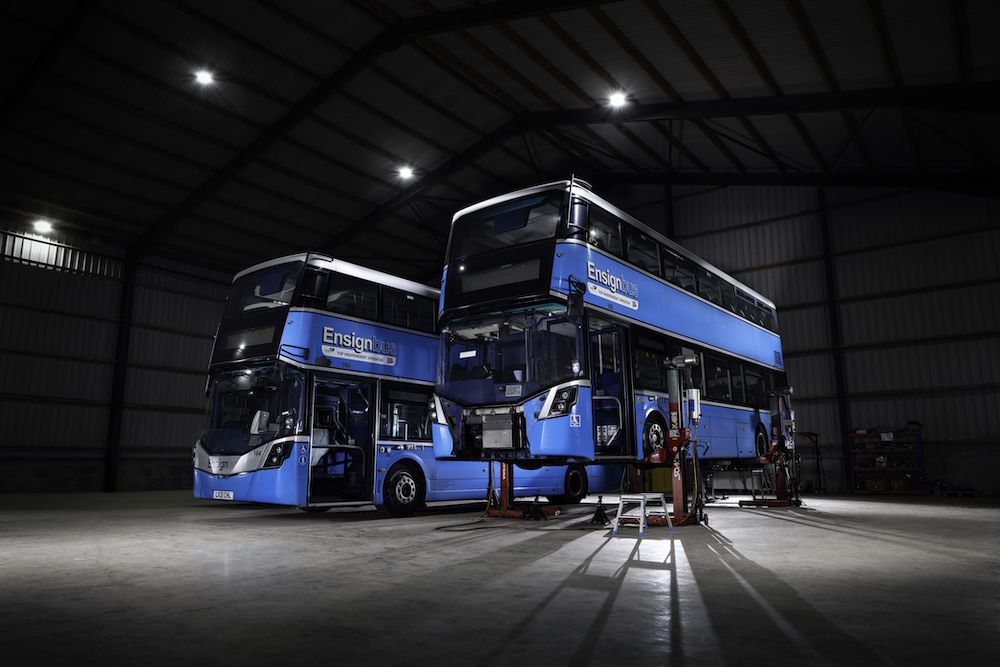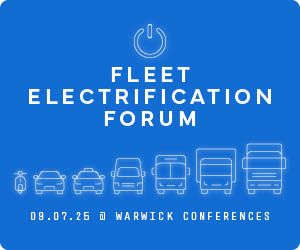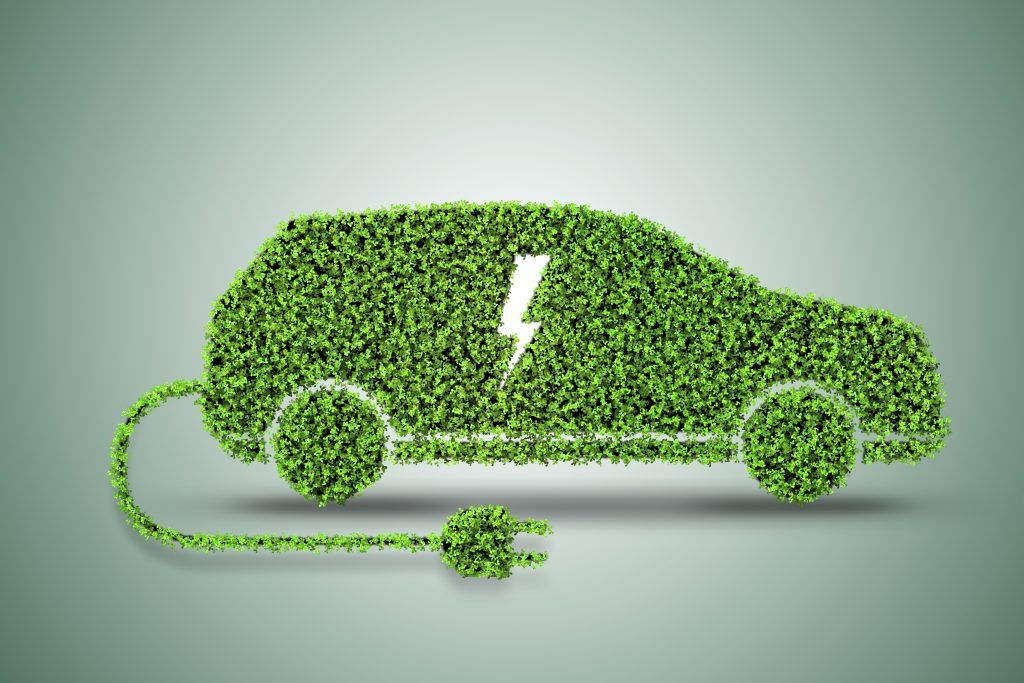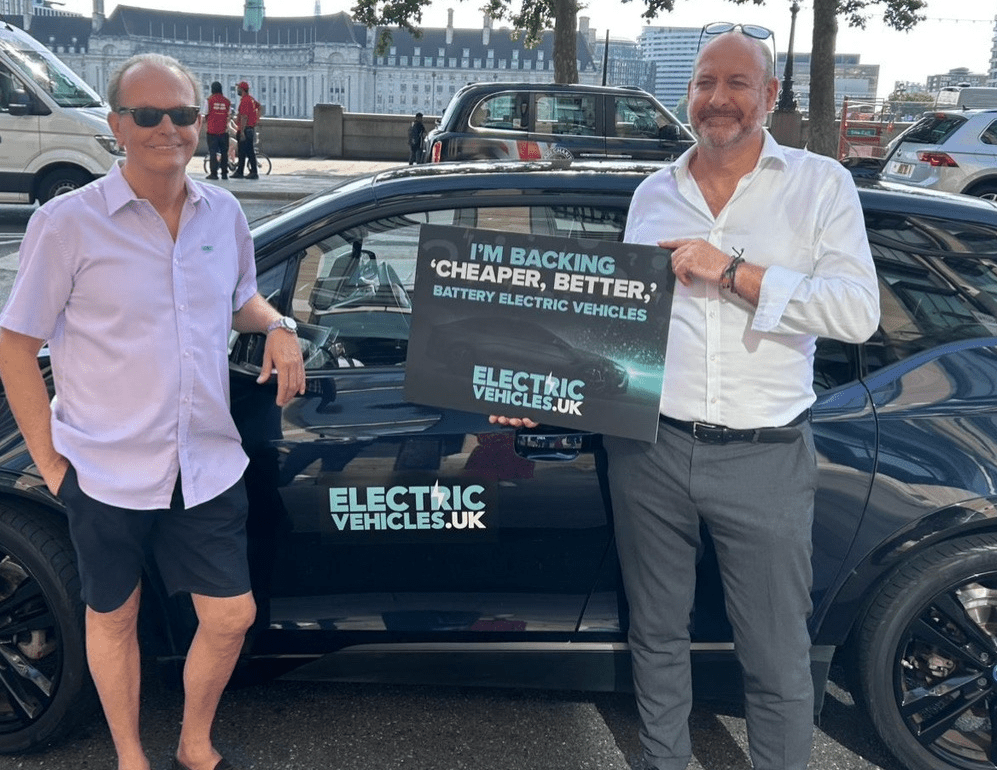Nearly eight-in-10 drivers (78%) believe pure electric cars are still too expensive compared to ICE vehicles, although an increasing proportion are planning to buy an EV as their next car, research from the RAC suggests.
The RAC Report on Motoring revealed 9% of 3,000 respondents were planning to buy EVs as their next vehicle – up from 6% in 2019 and only 3% in 2018. But it also showed more than half of drivers – 53% – said they would like to see VAT on zero-emission vehicles scrapped or cut and just under half – 48% – wanted a scrappage scheme for their ICE vehicle when transitioning.
Around a third – 30% – favoured an increase to the current Plug-in Car Grant (PiCG) of £1,000 too – taking it up to £4,000 – as an incentive as well. Motorists also wanted detail on how to charge vehicles when away from home and more than four-in-10 drivers – 43% – said they wanted the Government to set a binding national target for access to public chargepoints.
In terms of range, the report said drivers wanted an EV to deliver around 375 miles per charge. The pandemic has also impacted buying habits with only 11% playing to upgrade their vehicle in the next year – down from 18% in 2018 – and half don’t plan to change their car at all in the next three years.
RAC data insight spokesman Rod Dennis said about the findings: “With 2030 now clearly set as the date for the end of the sale of new petrol and diesel cars and vans, momentum behind getting more of us into electric vehicles (‘EVs’) is building – and it’s clear that an increasing proportion of drivers are responding, with nearly one-in-10 now planning to opt for a pure electric next time they change their car.
“But the single biggest barrier to a driver choosing an electric car over one powered by petrol or diesel has to be cost. Although good finance leasing deals and offers such as free home charging for a set period can help, it appears to be the case that the price of many new EVs remains prohibitively high for a lot of people, with most drivers keen to see more financial help from the Government to bring costs down.
“If the Government really wants to stimulate demand for electric vehicles quickly, then it either has to boost the Plug-in Car Grant or remove, or cut, VAT for a fixed period of time. While removing VAT would lead to lower list prices, it would also cost the Government a lot more and may be more favourable to people choosing more expensive models.. The current grant scheme is already in place so increasing it may be the easier option to implement. Either scheme may need to be more heavily incentivised over the next few years until such time as the list prices of electric cars fall of their own accord, as a result of manufacturing costs dropping.
“A healthy market for new electric cars in the UK will also have another major benefit – it will mean more EVs make their way onto the second-hand market, improving affordability of zero-emission models for everyone.
“When it comes to charging and the range offered by electric cars however, things are perhaps a little more straightforward. While EVs can’t yet match the miles offered by large diesel cars, the situation is improving all the time. And with the average length of most car trips being short, electric cars can probably fit better into people’s lifestyles than many of us might think, especially as many people will be fortunate enough to be able to charge their cars at home.
“More important will be ensuring the network of public chargepoints keeps pace with EV take-up so drivers are never far away from a fast, reliable place to charge – something especially important for all those people who won’t be able to charge at home. The price of charging is crucial too: it needs to be transparent and fair. With so many of us used to seeing fuel prices on forecourt ‘totems’, there’s currently nothing comparable for drivers seeking to charge up away from home.”



